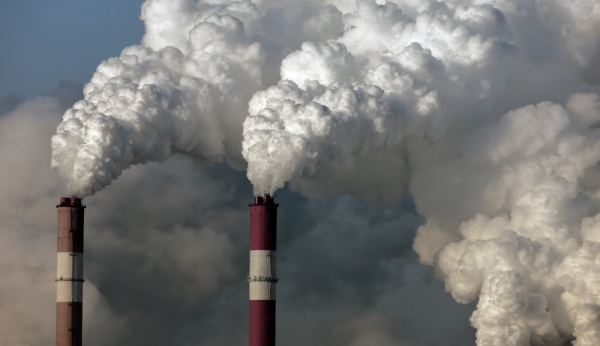In the lead-up to the United Nations climate change meetings, Australia has thrown its weight behind the Abbott government’s Direct Action plan as the policy that will help bolster its international climate change credibility.
The UN meetings, which commenced in Germany this week, will run for 10 days. Australia, among other developed countries, will be quizzed on its carbon emission reduction policies. Via a new assessment process, countries will have the right to question each other about their climate change policies.
In April, Australia was put under particular scrutiny by China, Brazil and the US over its ambitious $2 billion Direct Action plan, which works by setting levels of emissions for specific business facilities that cannot be exceeded without penalty.
The US and China have already put forward questions for the UN meetings, challenging the effectiveness of the Direct Action plan and whether Australia can meet its five per cent emissions reduction target by 2020.
The Australian government has been accused of unfairly expecting other developed nations to set goals that are more ambitious than its own, with China directly asking the government to “clarify the fairness of such requirements”.
Climate change policy adviser for Oxfam Australia, Simon Bradshaw, says it will be an important test of Australia’s international credibility on climate change, and that “Australia is under increasing pressure to up its game”.
The Direct Action plan has faced criticism, both domestically and internationally, for setting unrealistic targets that cannot be achieved, but the Abbott government insists the policy is the nation’s key climate change effort. However, the government says it would be “premature” to detail what emissions cuts the Direct Action plan is likely to generate at this stage.
The questions from the UN meetings will be put to Australia on Thursday. A number of other countries, such as the US, have also put forward ambitious targets.
The meetings are part of a series of international negotiations to prepare for the climate change conference in Paris this December, where it is hoped that all countries will sign an international agreement to reduce carbon pollution.
Read more at SMH.

